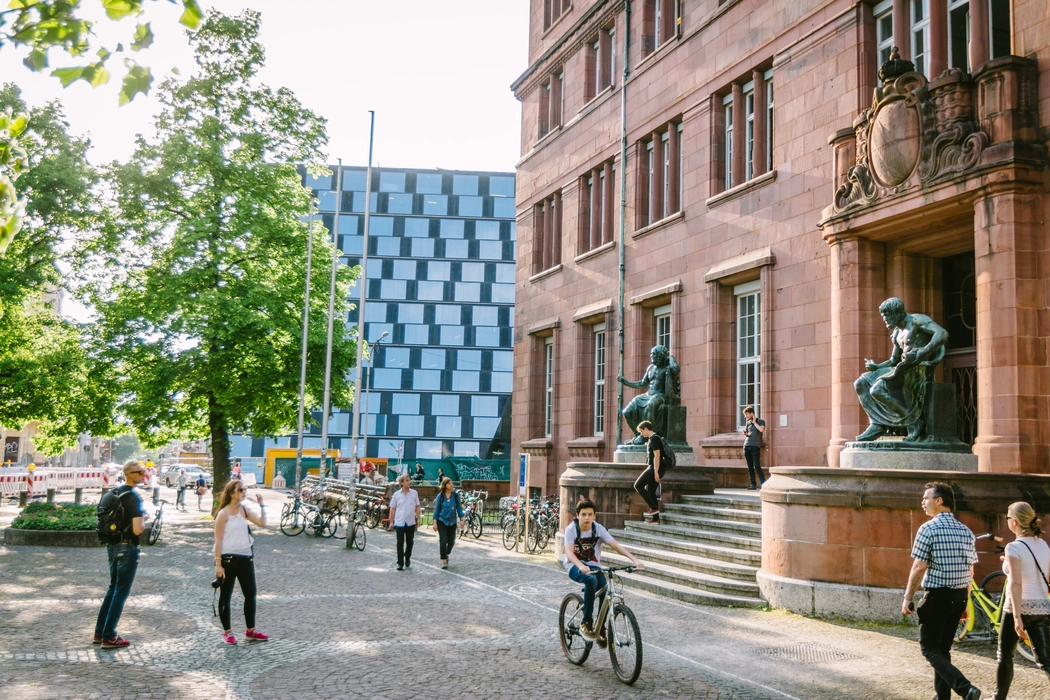What Explains the Impact of Popular Chinese Fiction from the Period After the Foundation of the PRC?
DOI:
https://doi.org/10.21036/LTPUB10078Researcher
Lena Henningsen is Junior Professor at the Institute of Chinese Studies at the Albert-Ludwigs-Univerity Freiburg. She received her PhD from Ruprecht-Karls-University Heidelberg where she was a member of the excellency cluster „Asia and Europe in a Global Context“. Henningsen’s research interests are Chinese literature from the 20th and 21st century, popular culture as well as imitation and plagiarism in China. She received a Brigitte-Schlieben-Lange-Grant for excellet female junior researchers with children and won the Young Scholar Award of he European Association of Chinese Studies. She is a member of the Young Academy at the Berlin-Brandenburg Academy of Sciences and Humanities and the National Academy of Sciences Leopoldina. She participates in Fast Track: Excellence and Leadership Skills for Outstanding Women in Science by the Robert-Bosch-Stiftung. Lena Henningsen is Junior Professor at the Institute of Chinese Studies at the Albert-Ludwigs-Univerity Freiburg. She received her PhD from Ruprecht-Karls-University Heidelberg where she was a member of the excellency cluster „Asia and Europe in a Global Context“. Henningsen’s research interests are Chinese literature from the 20th and 21st century, popular culture as well as imitation and plagiarism in China. She received a Brigitte-Schlieben-Lange-Grant for excellet female junior researchers with children and won the Young Scholar Award of he European Association of Chinese Studies. She is a member of the Young Academy at the Berlin-Brandenburg Academy of Sciences and Humanities and the National Academy of Sciences Leopoldina. She participates in Fast Track: Excellence and Leadership Skills for Outstanding Women in Science by the Robert-Bosch-Stiftung.

Original Publication
Tastes of Revolution, Change and Love: Codes of Consumption in Fiction from New China
Lena Henningsen
Published in
Citation
Lena Henningsen,
Latest Thinking,
What Explains the Impact of Popular Chinese Fiction from the Period After the Foundation of the PRC?,
https://doi.org/10.21036/LTPUB10078,
Credits:
© Lena Henningsen
and Latest Thinking
This work is licensed under CC-BY 4.0
